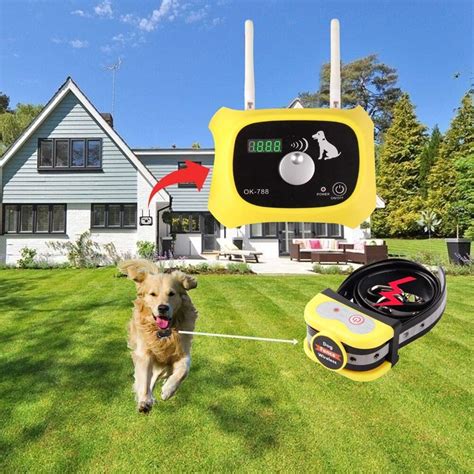Introduction

Dachshunds are beloved companion dogs known for their playful personalities and adorable appearance. However, like all breeds, they can be prone to certain allergies and sensitivities that require special attention and care. In this comprehensive guide, we’ll delve into the world of Dachshund allergies and sensitivities, exploring their causes, symptoms, and effective management strategies.
Types of Dachshund Allergies and Sensitivities
Dachshunds are most commonly affected by the following allergies and sensitivities:
| Type | Allergen | Reaction |
|---|---|---|
| Food Allergies | Certain proteins (e.g., beef, chicken, dairy) | Itching, hives, diarrhea, vomiting |
| Environmental Allergies | Pollen, dust mites, mold | Sneezing, watery eyes, nasal congestion |
| Skin Allergies | Contact with allergens (e.g., plants, fabrics) | Rash, itching, redness |
| Flea and Mite Allergies | Bites from fleas and mites | Intense itching, scratching, skin infections |
Prevalence
The prevalence of Dachshund allergies and sensitivities varies depending on the type of allergen. According to the American Kennel Club (AKC), approximately 10-15% of dogs are affected by food allergies, while environmental allergies are estimated to affect around 20-30% of dogs.
Causes
Dachshund allergies and sensitivities are caused by an overreaction of the immune system to perceived threats. When an allergen enters the body, the immune system mistakenly identifies it as harmful and releases antibodies to fight it off. This reaction can trigger a range of symptoms, from mild discomfort to life-threatening anaphylaxis.
Symptoms
The symptoms of Dachshund allergies and sensitivities depend on the type of allergen and the individual dog’s reaction. Common symptoms include:
- Itching
- Scratching
- Hives
- Sneezing
- Watery eyes
- Nasal congestion
- Vomiting
- Diarrhea
- Skin rash
- Redness
- Swelling
Diagnosis
Diagnosis of Dachshund allergies and sensitivities involves a comprehensive physical examination and medical history. A veterinarian will likely perform blood tests, skin tests, or elimination diets to determine the specific allergens triggering the reaction.
Management
Effective management of Dachshund allergies and sensitivities requires a multifaceted approach that may include:
- Allergen Avoidance: The best way to prevent allergies and sensitivities is to avoid the allergens that trigger them. This may involve changing food, using natural flea and tick preventatives, or limiting exposure to environmental allergens.
- Medication: Antihistamines, corticosteroids, and other medications can be used to alleviate symptoms and reduce inflammation.
- Immunotherapy: Immunotherapy involves gradually exposing the dog to the allergen in controlled doses to train the immune system to tolerate it. This treatment is typically used for environmental allergies.
- Dietary Management: For food allergies, a veterinarian will prescribe a special hypoallergenic diet that excludes the allergens responsible for the reaction.
Prognosis
The prognosis for Dachshund allergies and sensitivities depends on the severity of the condition and the effectiveness of the management strategies. With proper care and treatment, most dogs with allergies can live a full and happy life.
Conclusion
Dachshund allergies and sensitivities are common conditions that require special attention and care. By understanding the causes, symptoms, and management strategies, pet owners can effectively prevent and treat these allergies, ensuring a healthy and comfortable life for their beloved companions. As veterinary medicine continues to advance, new and innovative treatments are emerging that offer promising results for dogs with allergies and sensitivities. By staying informed and working closely with a veterinarian, pet owners can provide their Dachshunds with the best possible care and support.





















